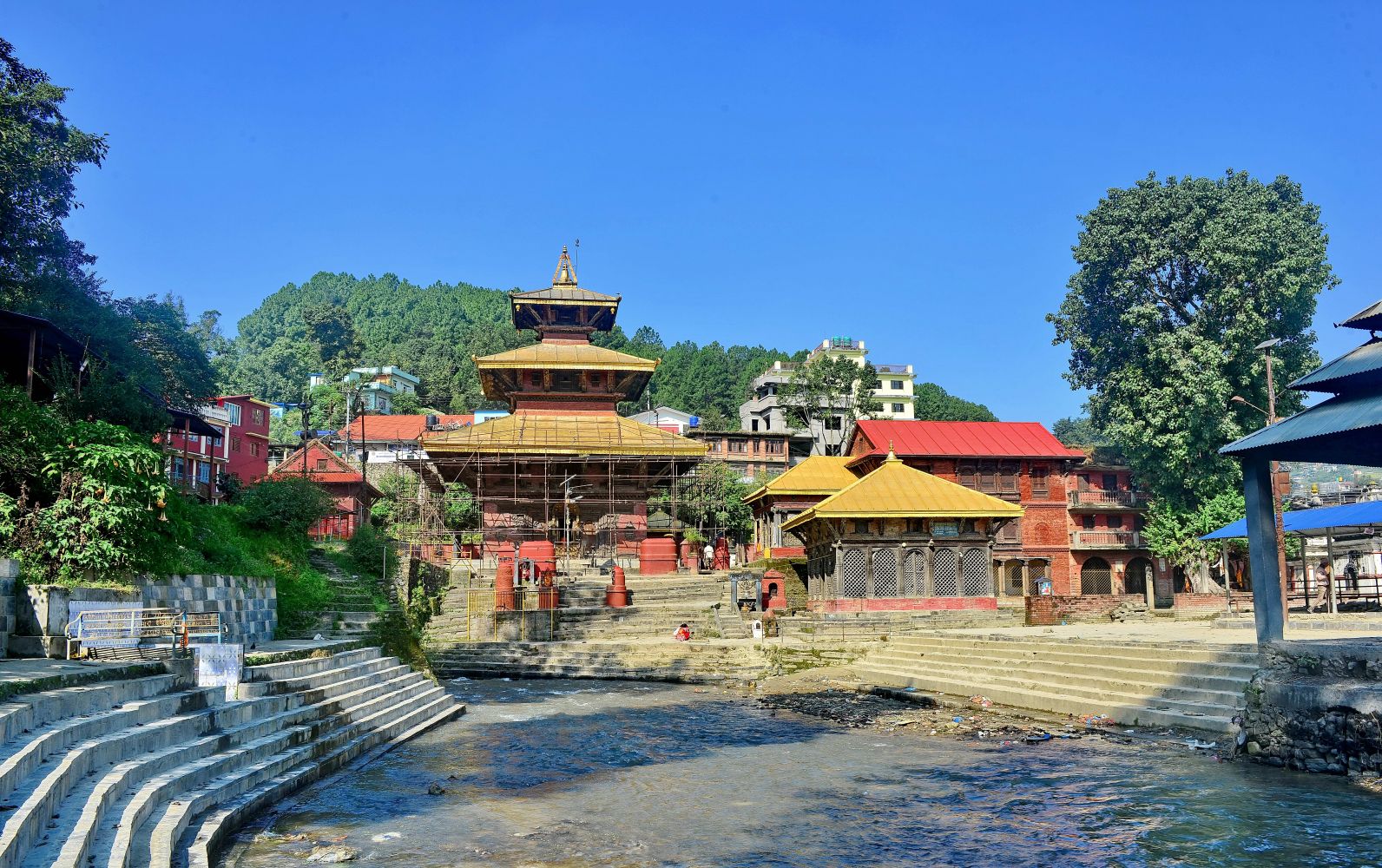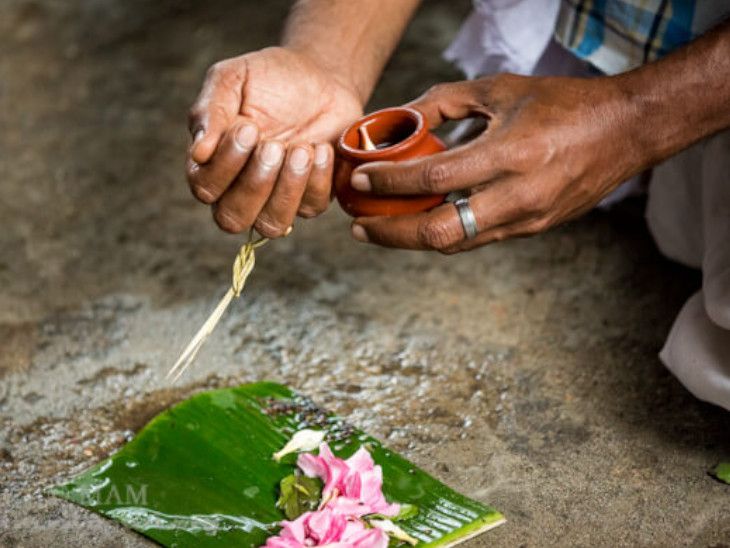
Kathmandu, August 28th: Today on Bhadra 28, the whole hindu family is observing their Fathers Day also called “kushey Aushee” by praying as a respect and gathering blessings from their father.
This day Nepali people pay their homage to their father with their favorite food, clothing and other dad’s favorite stuff. People whose father has died or is fatherless takes a bath early in the morning and visits nearby temple to pray god in wish of peace for his soul. In contrary, practice says that a child with father shouldn’t bath this day.
Myth Behind Today’s Visit to Gokarna by Men:

According to tradition, men today go to Gokarna (a place east in Kathmandu) to do the Sraddha or pinda daan to their deceased father and some do Shraddha at home or at the near river or at any holy place nearby but it is believed that the ancestor’s soul will rest in peace if the child vists to Gokarna this day and prays for the deceased soul of father.
Once Shiva and Parbati disappeared from Himalaya parbat. All the gods were very surprised and started searching them all across the universe. Brahma and other gods, caught Lord Shiva and his wife Parvati in Deer’s lives hiding in Sleshmantak forest in Pashupatinath. The “Buck” Shiva was caught by Brahma by his horns. Horns of Shiva came out in Brahma’s hand. Then Lord Shiva asked Brahma and Bishnu to establish those horns as Shiva linga in somewhere in Nepal as they think fit. Brahma placed it in Gorkarna. Since then, It is believed that worshiping Shiva in Gokarneshwor Mahadev and doing pinda daan (homage to dead people) is equivalent of visiting Gaya 10 times (Gaya is another Hindu holy place).
Meaning of Buwa ko Mukh Herne Din:
Fathers day is also called “buwa ko Mukh Herne Din” in Nepali and Kushey Aushi” in Sanskrit.
Though in general it is a day to celebrate the contribution a father has made in a child to bring up out in the world and make him or her capable. Mukh Herne means “to allow someone as our relative or give respect or to recognize the achievement of someone”.
Behind the name Kushey Aushee:
Likewise, there hides a great meaning of importance inside the name “Kushey Aushee”. Kush is a multi-purpose grass used in bathing, chanting, bathing, giving alms, recitation, dan, jap, hom, poojapath and even in ancestor acknowledgment rituals (Pitri Karma) which are considered important by the followers of the Sanatana Hindu religion. Ausi is no-moon day.

There is a tradition of bringing and keeping Kush inside home today in no moon day as its importance is described in all of the religious books of Hindus. Hence, the day is called Kushey Aushee.
Scientifically, this grass is a hyper-accumulator of cesium-137, functioning as a remover of highly toxic radioactive atoms from the environment. It is scientifically proved that this grass absorbs radiations and bad rays. Even the x-ray can be absorbed by this grass.
So, at this special day father is compared and equalized with the Kush depicting his importance in a child’s life like the importance of kush in environment.



